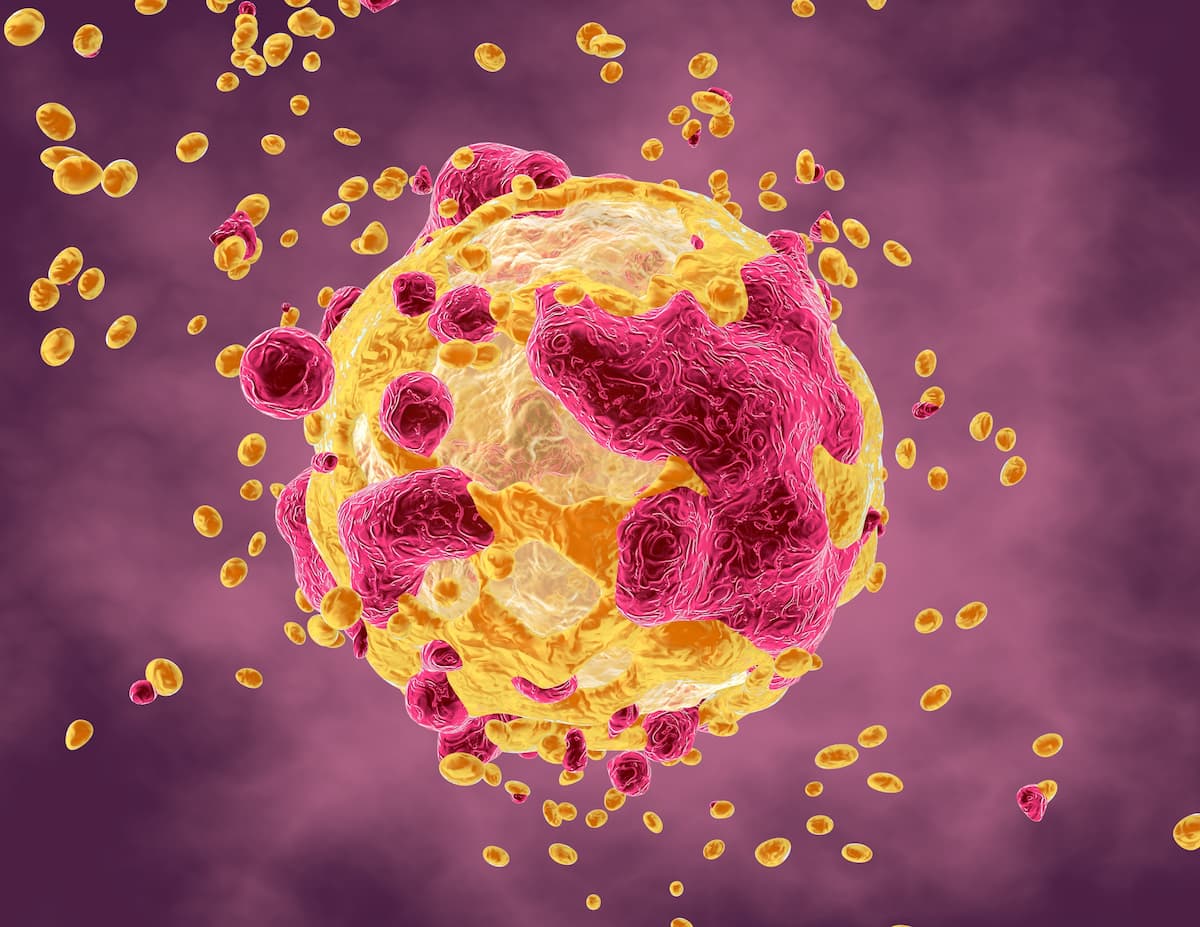
Afami-cel Approval in Sarcoma May Offer More Readily Accessible Therapy

Accelerated approval of afami-cel may expand access to therapy for patients who are unable to live near certain treatment centers.
Brian A. Van Tine, MD, PhD, spoke with CancerNetwork® about the
According to Van Tine, a professor of medicine and pediatrics and a medical oncologist at Siteman Cancer Center of Washington University in St. Louis, the screening process for patients with synovial sarcoma may take up to 1 month before they are eligible to begin therapy, which may involve multiple agents as part of the treatment course. With the accelerated approval of this engineered cell therapy, patients may be able to receive more readily available treatment at home, thereby expanding access to those who may be unable to relocate to larger cities where certain treatment centers operate.
Transcript:
As patients with synovial sarcomas begin to appear in my clinic, I’m getting the screening, which does take a while. There’s a month or so that it takes between identifying a patient, getting their HLA determined, getting their MAGE-A4 status determined, [conducting apheresis], infusing them, and the manufacturing in between, which means that they need to be on another therapy for that. This is because synovial sarcomas are usually not an endoglin disease upfront, and so you don’t want to lose control of a disease while getting [patients] a T-cell therapy.
Patients who may have not lived near a center where they could have gotten access to this [therapy] can now get access to this more readily at home. The biggest difference between how we practice now on trial and how we will practice in the future is that [patients] will probably come to a center like mine and have [their] therapy done, but then be followed completely locally. That may expand access and make this a lot easier for patients who have issues with having to come to one of the larger cities just to have this done.
Reference
Adaptimmune receives U.S. FDA accelerated approval of TECELRA® (afamitresgene autoleucel), the first approved engineered cell therapy for a solid tumor. News release. Adaptimmune Therapeutics. August 2, 2024. Accessed August 13, 2024. https://tinyurl.com/mw6k4hjh
Newsletter
Stay up to date on recent advances in the multidisciplinary approach to cancer.



































